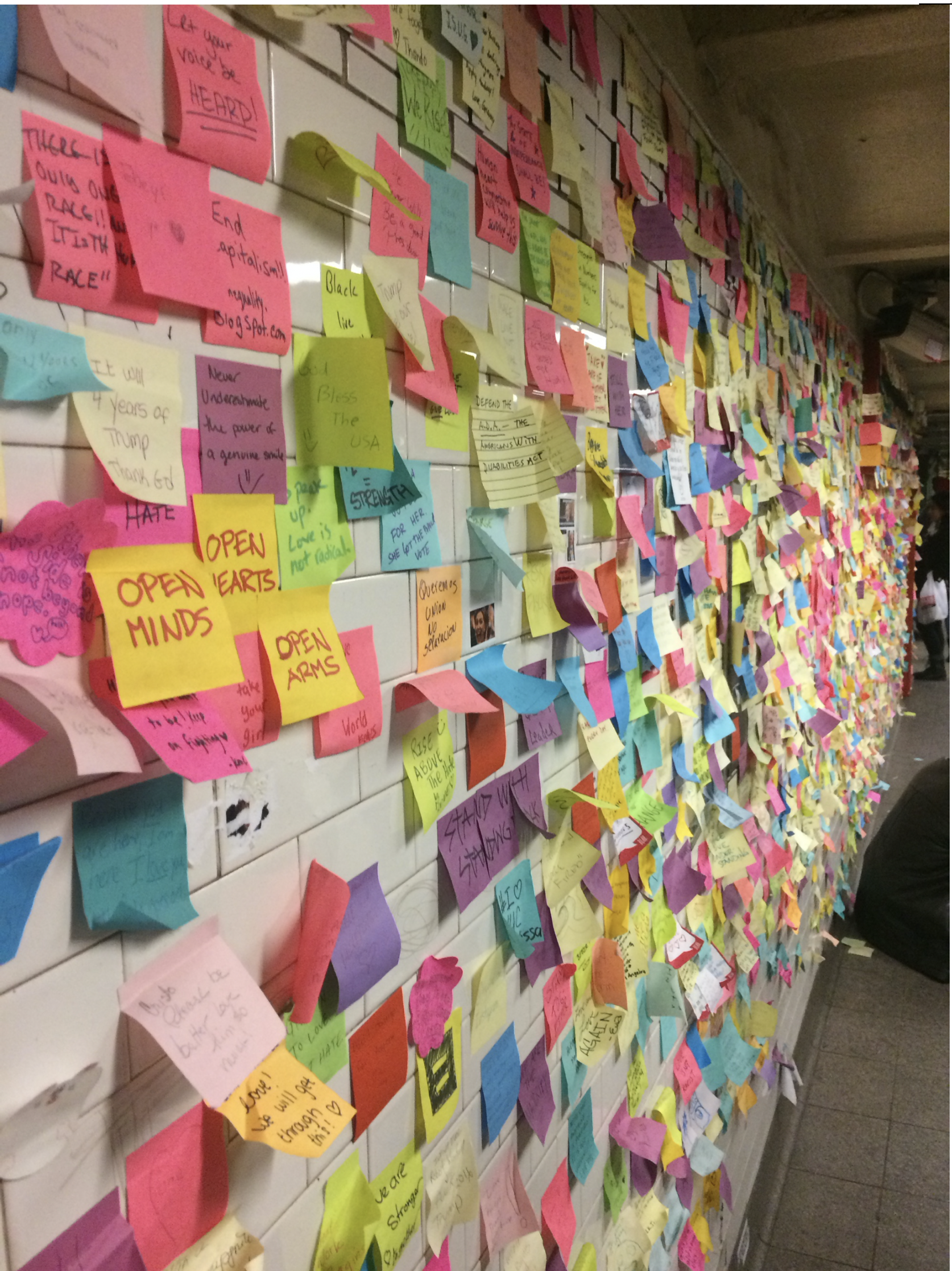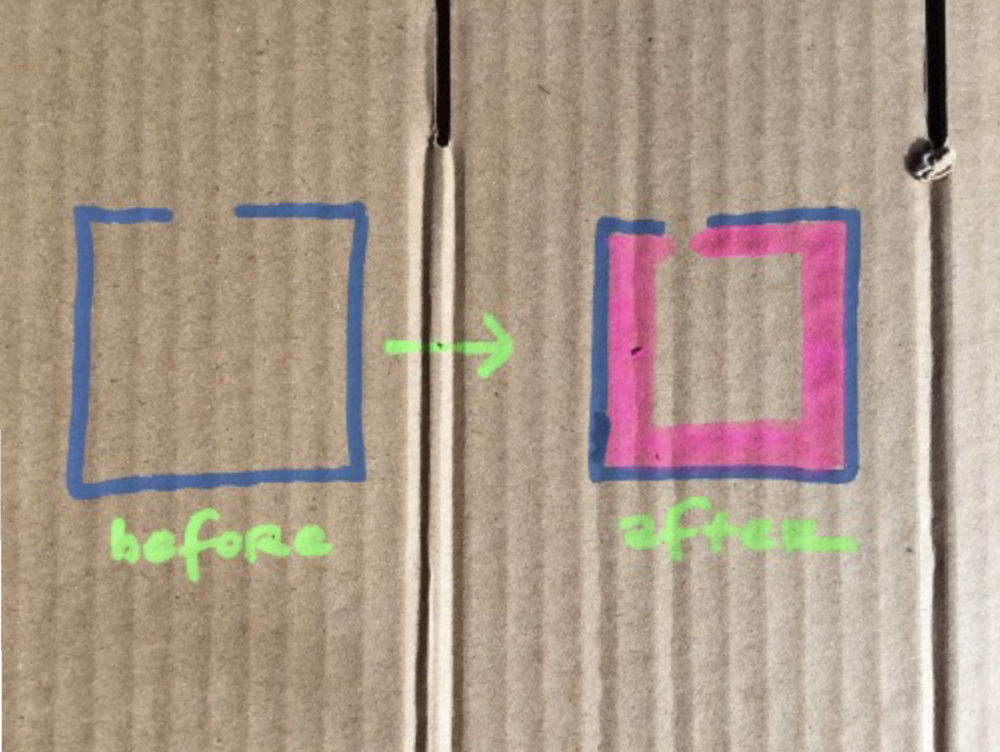This text responds to the call for “makeshift configurations across media.” In Imagined Theatres 04, “we imagine a release.” But surely this imagining is forestalled. Even the title of this piece provokes feelings of close quarters and claustrophobia: the smallness of the world when it shrinks rather than amplifies.
Let’s be clear: “the emergency” is not only the pandemic, but also how this event has made visible so many fractures and heightened levels of criminal negligence, in the United States and elsewhere. The responses have often been hyperbolic, ridiculous – or they would be if images of red-neck militias didn’t go viral. In my world, there is a hyperactive drive towards video streaming and the mania of everyone jogging, as if to keep us all fit for capitalism’s imminent return. We should just stop for a while. Bojana Kunst’s “A letter to the performance artist” writes about the need for imagination and creative practice to be aligned with “caring with the conditions of life for all” (2020). And we must not forget that the virus is biopolitical and that the existential problem of the overheating Earth is still with us.
THE WORLD GETTING SMALLER imagines the theatre as an organic-cybernetic art installation in which the presence of theatre is an accretion growing into its walls. The longer it is there and the more “skin-in-the-game,” the smaller the space becomes. The references to our situation are seen in the mathematical framing of the piece: one thing leads to another and space is thickened and flattened. Such a theatre might function like a democracy wall: paste on the ideas – the more the better – then gather the people and debate!
 Democracy Wall? 14 Street Union Square subway December 2, 2016. Photo: Peter Eckersall
Democracy Wall? 14 Street Union Square subway December 2, 2016. Photo: Peter Eckersall
But one can’t be too sure. The times are not democratic. I think of August Strindberg’s dystopian morality play, A Dream Play (1901), in which Agnes, the daughter of the God Indra, visits Earth to see the extent of human suffering with her own eyes. In a scene with an impoverished Lawyer and a woman named Kristine, Agnes experiences first-hand how poverty and suffering defeat all attempts to keep the darkness at bay. Kristine is seen trying to paste over the gaps in the window frame of the rickety Lawyer’s office:
DAUGHTER: Poor, poor human beings! And this pasting! (She bows her head in silent despair)
KRISTINE: I’m pasting. I’m pasting. (1981: 229)
Like A Dream Play, THE WORLD GETTING SMALLER is about the monotony of pasting: the accretion of layers equals the shrinking of space. The text includes an urgent request to the writer’s mathematically inclined father to solve the equation of space: “Right nOW!!!! before you get on your plane.” The speedy-slow of now, ideas seeping into walls and thickening, the insistence on immediate production – all intensifications. The piece draws our attention to how so many things are made as the outcome of the need to keep busy – and maybe these things don’t always help.
More distance, more space, less pasting over the cracks.
References cited
Bojana Kunst, ‘Lockdown Theatre (2): Beyond the time of the right care: A letter to the performance artist.’ https://neu.schauspielhaus.ch/de/journal/18226/lockdown-theatre-2-beyond-the-time-of-the-right-care-a-letter-to-the-performance-artist. Accessed May 13, 2020.
August Strindberg, Five Plays. Translated by Harry G. Carlson. University of California Press. 1981.
